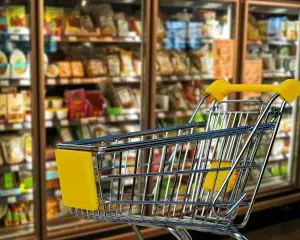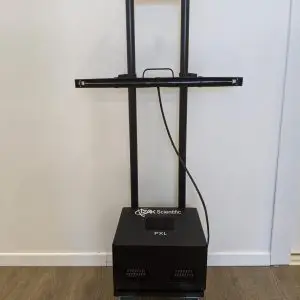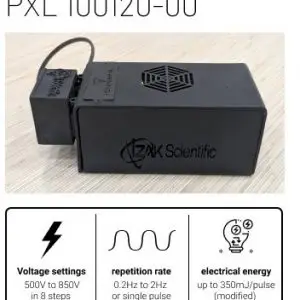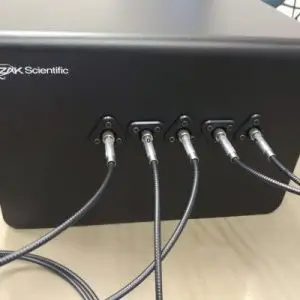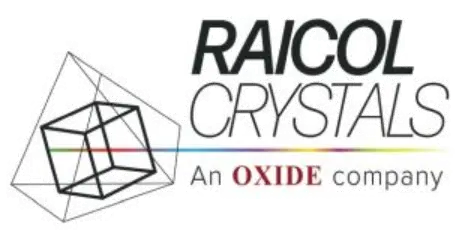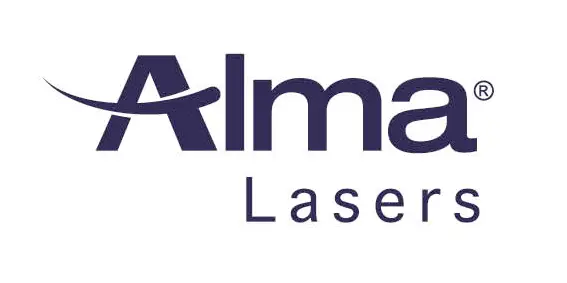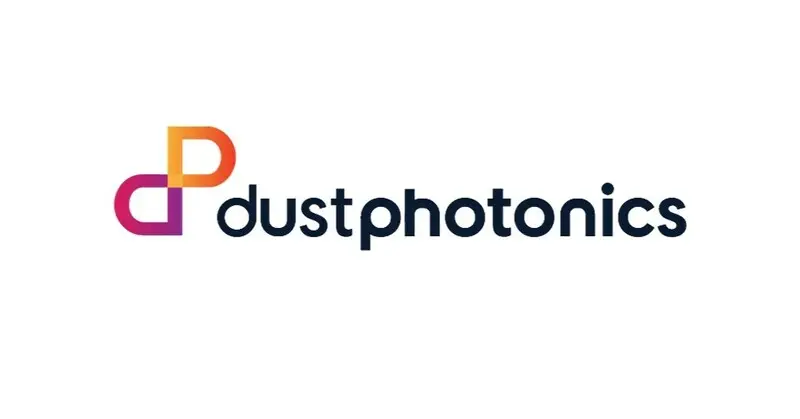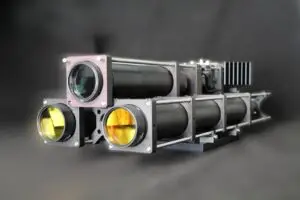The dreaded wave of Coronavirus has changed the way people have been living this 21st century all these years. Literally, we have changed the way we walk, talk, eat, and whatnot. Besides these transformational changes, the fear of COVID-19 transmission from interactions in public places is still in place with the same intensity.
Shocking Facts about/on Grocery Stores
A 2017 Insider article presents the results of a study conducted by Reusethisbag.com in association with EMLab P&K, analyzing nearly 100 grocery stores across ten states in the United States of America, covering New York, Maine, California, Texas, and Florida. The study examined the presence of CFUs (Colony Forming Units) in budget grocery stores, traditional grocery stores, and Superstores. The shocking and startling results of the swab tests include:
– The grocery cart swabs from each grocery store showed that three-fourth of the swabs housed a particular group of bacteria called “gram-negative rods” that are usually harmful to human beings.
– The bacterial colonies found on refrigerator doors (33,340 bacteria colonies per square inch) were approximately 1234 times higher than those found on the cell phone surfaces.
– The grocery cart of a budget grocery storehouses around 8000 bacterial colonies per square inch, which is 270 higher than what’s found on a toilet handle.
Grocery Stores and COVID-19
The frequency of contacting the shared surfaces in a grocery store seems higher. Hence, social distancing and frequent disinfection are the only two approaches that a grocery store can adapt to continue running it.
– To what extent the usual chemical disinfectants in the form of sprays, wipes, and bleaches can help these grocery stores?
– Is it possible to ensure chemical disinfection very often in these stores?
– Have you thought of the cost incurred for countless bottles of chemical disinfectants and the service charges to be paid to the hospitality workers?
Answering these questions will clearly indicate that chemical disinfectants are not as effective as they should be, especially during the current pandemic situation. We are bound to check for other, more efficient alternatives to curb the infection rate. The best possible solution will be UVC germicidal light disinfection approach. This will provide you with an opportunity to easily disinfect the grocery stores’ shared surfaces with higher effectiveness. A recent Mashed article covers how smartly the grocery stores can use UVC lights to disinfect viruses like SARS, MERS, and Influenza viruses.
A Toronto Store & UVC Sanitizer
A CityNews Toronto video shares the footage of how a Summerhill market in Toronto uses UVC light to sanitize the groceries. As mentioned earlier, with grocery carts being the most vulnerable shared surface where COVID-19 can plug and play, grocery stores have begun deploying UVC light disinfection technology to disinfect groceries before delivering to the customers, i.e., at checkout spots. A Narcity news article confirms that the UVC sanitizer installed by the store is capable of sanitizing 99.9% of surfaces in just half a minute.
A Wisconsin Store & UVC Fixtures
A SentryFoods store in Delafield, Wisconsin, also uses UVC light disinfection fixtures with timers, remote control, and motion sensors installed. (Source: PRNewswire)
Do you want your grocery store/retail business to be reliable for your customers? The only way to get your customers’ trust is to ensure safety? Get your UVC sanitizer now, install it at your checkout zone, and prevent the transmission.
Let’s break the chain!
Want to know more about post-pandemic sanitizers?
Tzachi Sabati

